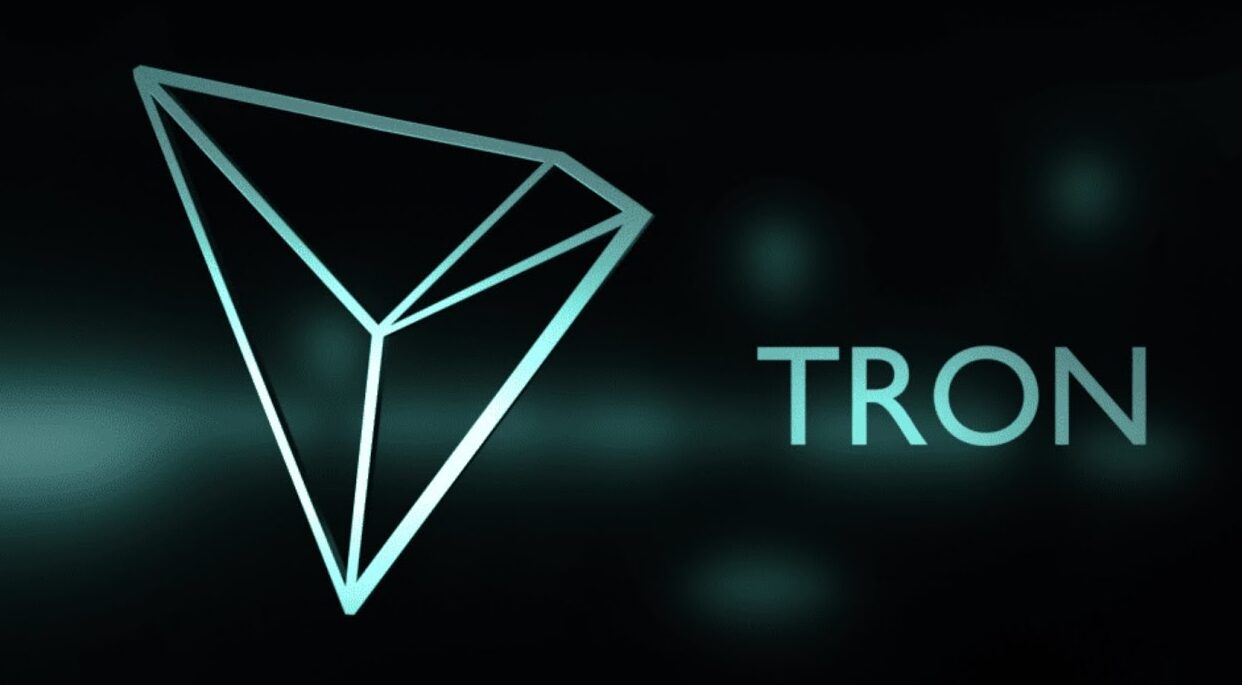The crypto organization Tron is about to become a publicly traded business in the United States through a reverse-merger arrangement with SRM, a company that is already publicly traded. This is a big step forward for the blockchain and digital asset ecosystem. This strategic move puts Tron at the top of the list of crypto companies working with traditional financial infrastructure. It also shows a bigger change in how Blockchain companies are dealing with rules and capital markets. As this news spreads through the cryptocurrency and tech investment circles. It raises important issues about compliance. Creativity. Investor interest. And the future of decentralized finance in regulated settings.
Tron’s Strategic Reverse Merger Move
A reverse merger, or reverse takeover (RTO), is when a private firm merges with a public corporation so that the private company can become publicly traded. Tron is avoiding the usual Initial Public Offering (IPO) procedure. Which may be expensive. Take a long time. And be closely watched by regulatory bodies like the U.S. Securities and Exchange Commission (SEC). SRM. The business Tron wants to combine with. Used to be connected to Serum DEX. An ecosystem project that was once tied to the now-defunct FTX exchange. SRM gives Tron the shell framework it needs to reach its public market goals.
 This action is more than just a way to make money; it’s a way to show that decentralized technology and Wall Street’s institutional systems are in sync. Tron can get around some of the rules that have made it hard for crypto-native companies to get widespread adoption in the past by using SRM’s public status. It also gives investors more access. More liquidity. And more legitimacy in the eyes of institutional stakeholders.
This action is more than just a way to make money; it’s a way to show that decentralized technology and Wall Street’s institutional systems are in sync. Tron can get around some of the rules that have made it hard for crypto-native companies to get widespread adoption in the past by using SRM’s public status. It also gives investors more access. More liquidity. And more legitimacy in the eyes of institutional stakeholders.
Justin Sun Drives Tron’s Expansion
Justin Sun. The founder of Tron and a well-known personality in the crypto world. Has always been willing to make headlines. Sun has a reputation for rapid growth and taking advantage of opportunities. As shown by his purchase of BitTorrent and his work with Huobi and Poloniex. The reverse-merger transaction with SRM is the most recent in a series of planned moves to make Tron a major player in the global blockchain space.
Tron’s growth story is mostly about Sun’s leadership and branding skills. His goal of making Tron the basis for a decentralized internet is now crossing over into the bigger finance markets. This might create a precedent for other blockchain networks that are thinking about going public. Tron’s combination of DeFi, NFTs, stablecoins, and mechanisms for cross-chain interoperability makes it a versatile player that can appeal to both fans and institutional investors.
Tron Faces Scrutiny Amid Merger
Even if you do a reverse merger. Taking a crypto group public in the U.S. will be heavily regulated. Chair Gary Gensler is in charge of the SEC. Which has increased its regulation of digital asset businesses. The SEC is focusing on making sure that these companies follow securities rules. Make the right disclosures. And safeguard investors. Tron’s decision to go public through SRM will probably have to go through a lot of legal checks. Especially as Serum has a bad reputation and is linked to the FTX collapse in a roundabout way.
Tron’s lawyers and advisors seem to be sure about how the purchase is set up. Even though there are some problems. A promise to better corporate governance. More openness about finances. And the possibility of registering some digital assets under securities rules are all important parts of this confidence. This change from a decentralized project to a corporation that is accountable to the public could change how both regulators and investors see Tron.
Tron Merger Sparks Market Buzz
The news of the reverse merger has caused a lot of talk on social media, crypto forums, and in fintech investing groups. Analysts think that this action could lead to a new wave of crypto companies choosing to reverse merge, especially since the IPO market is still weak and unstable. Retail investors may also be interested in blockchain-related stocks again. Especially those that have direct use or exposure to real-world applications.
People will be quite interested in how the market reacts to this news. Institutional investors usually see cryptocurrencies as high-risk assets. But they might see Tron’s public listing as a sign that it is becoming more legitimate. It makes it possible for more open financial reporting. Audits by outside parties. And involvement from shareholders. All of which help the company gain credibility. This might then have a favorable influence on the whole Tron ecosystem, including the value of TRX tokens, the use of dApps, and the integration of DeFi protocols.
Tron Merger Unlocks Strategic Expansion
Tron’s reverse merger with SRM could possibly lead to new strategic collaborations. Tron can use standard financial tools, get money from institutions, and form partnerships with companies in other industries by being a public corporation. These agreements can help Tron reach more people in gaming, digital identification, cross-border payments, and tokenized real-world assets (RWAs).
Tron’s network already supports a lively stablecoin environment, especially with the TRC-20 standard for issuing USDT. These stablecoin activities may profit from being more closely connected to centralized financial entities like payment processors, custodial services, and fintech platforms if there were more regulatory alignment and institutional monitoring.
Tron Joins Trend Toward Public Markets
Tron’s plan to reverse-merge is not happening in a vacuum. It fits into a larger trend in which decentralized projects try to get into the public market to get money, build credibility. And get more users. Companies like Coinbase. Galaxy Digital. And Circle have already made their way into the public market in different ways. Including as through IPOs and SPAC mergers. Tron’s move adds a fresh twist to this trend. Especially as it focuses on a reverse merger. Which can be appealing to other blockchain companies who don’t want to deal with the problems that come with an IPO.
 This change also makes people talk more about how decentralized and centralized approaches are coming together. As blockchain organizations try to follow the rules and be accountable to the public. Some start to wonder how to keep decentralized ideals. Tron’s biggest problem will be to keep its open-source philosophy while also following U.S. securities legislation and the rules for running a public corporation.
This change also makes people talk more about how decentralized and centralized approaches are coming together. As blockchain organizations try to follow the rules and be accountable to the public. Some start to wonder how to keep decentralized ideals. Tron’s biggest problem will be to keep its open-source philosophy while also following U.S. securities legislation and the rules for running a public corporation.
Final thoughts
Experts in the field disagree about how Tron’s reverse-merger will affect the industry in the long term. Some others think it’s an essential step forward for the blockchain industry, one where openness. Rules. And institutions are unavoidable. Some people are worried that it could hurt the decentralized nature of these kinds of projects, making them into corporations that answer to shareholders instead than communities.
Still, everyone agrees that this change is important. Blockchain lawyers, venture capitalists, and crypto business owners are all paying careful attention. The way Tron changes could affect how other Layer-1 protocols. Such as Solana. Avalanche. And Cardano. Plan for their future growth and funding.


